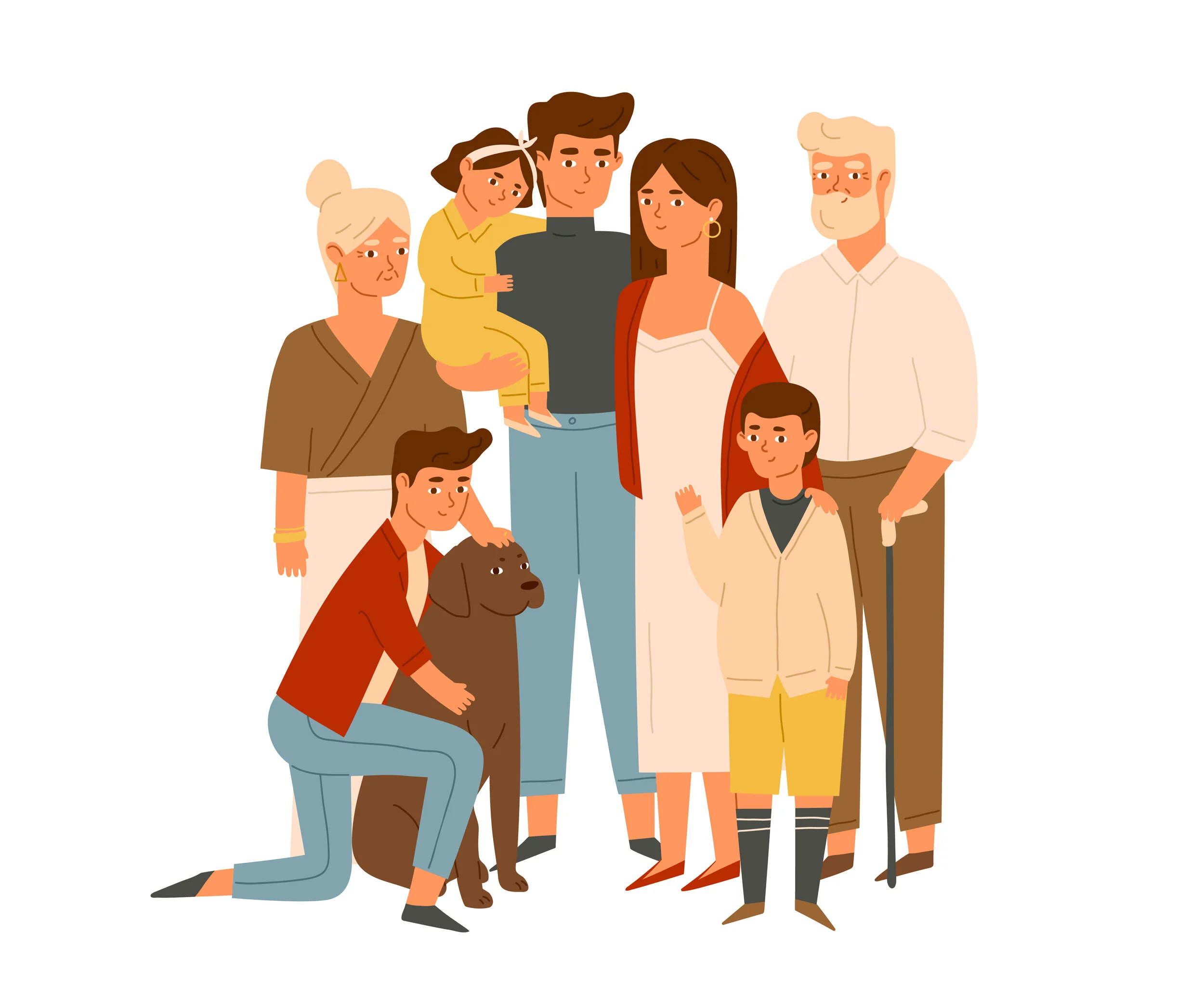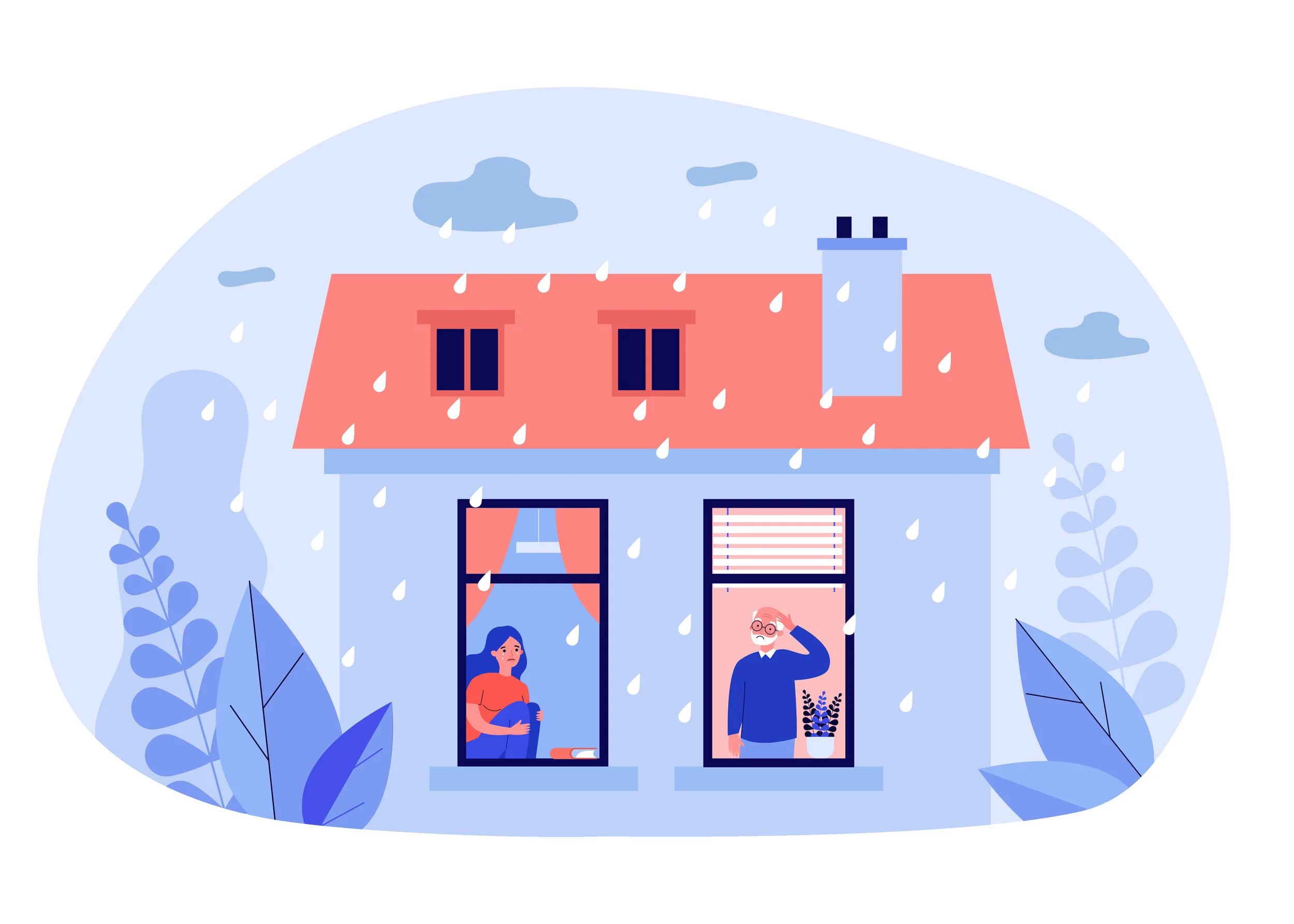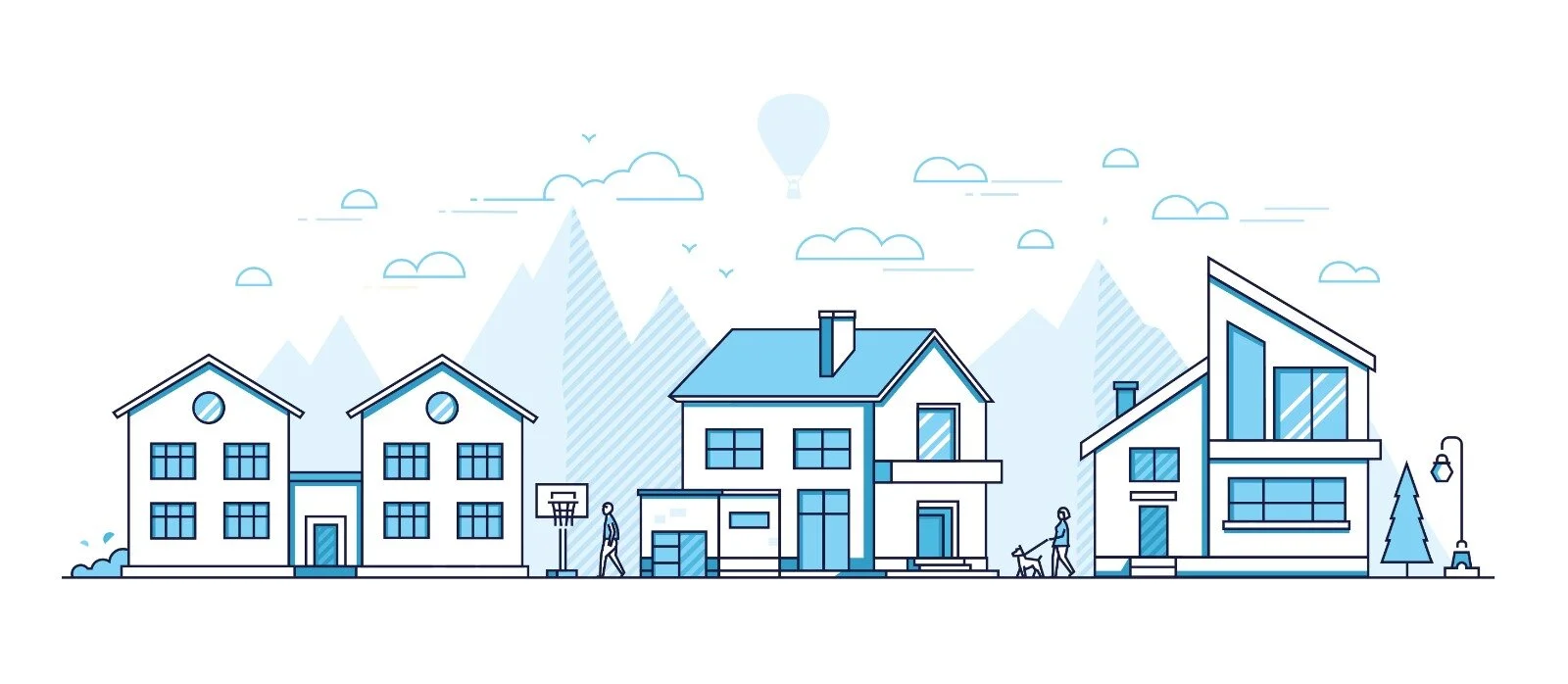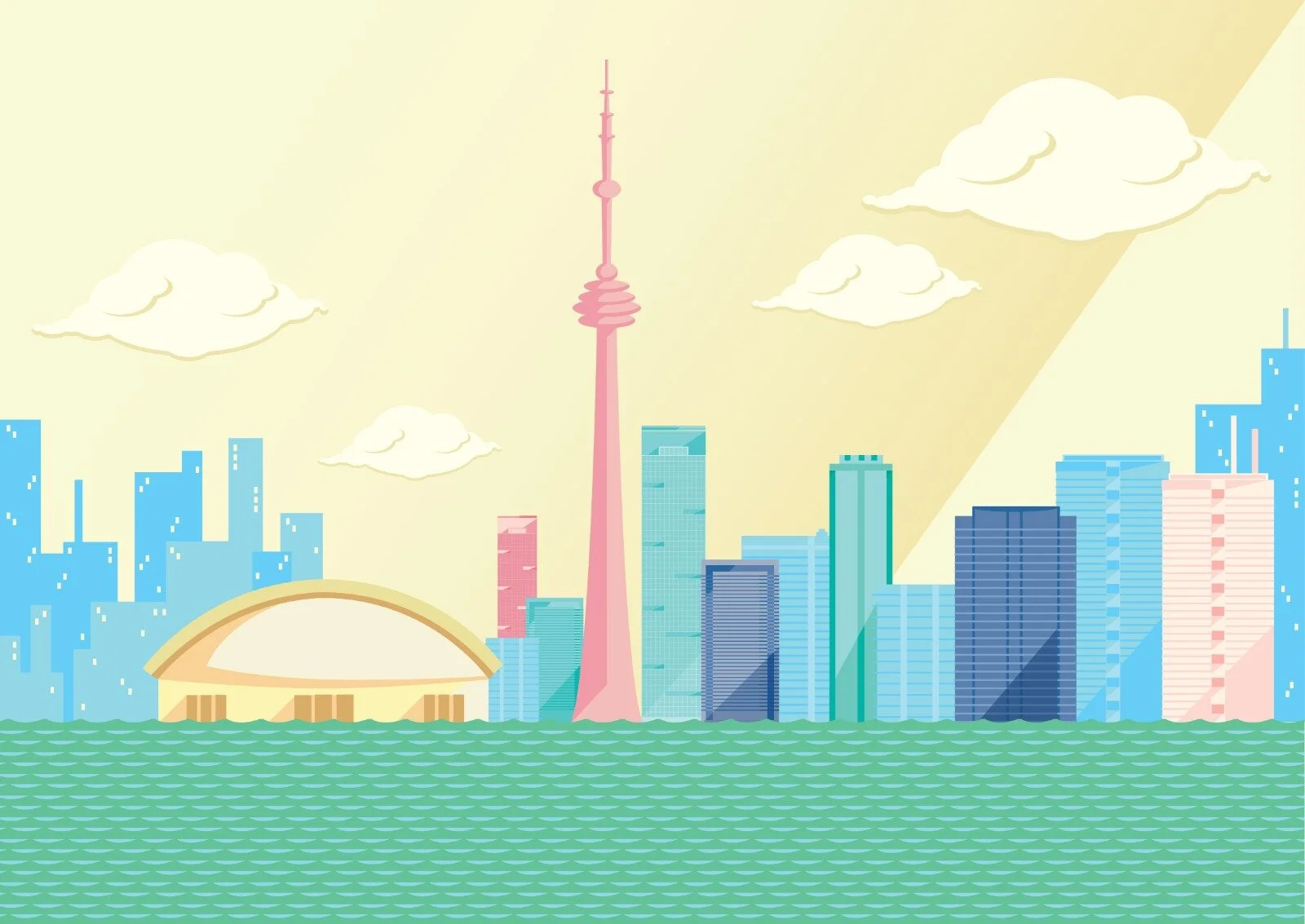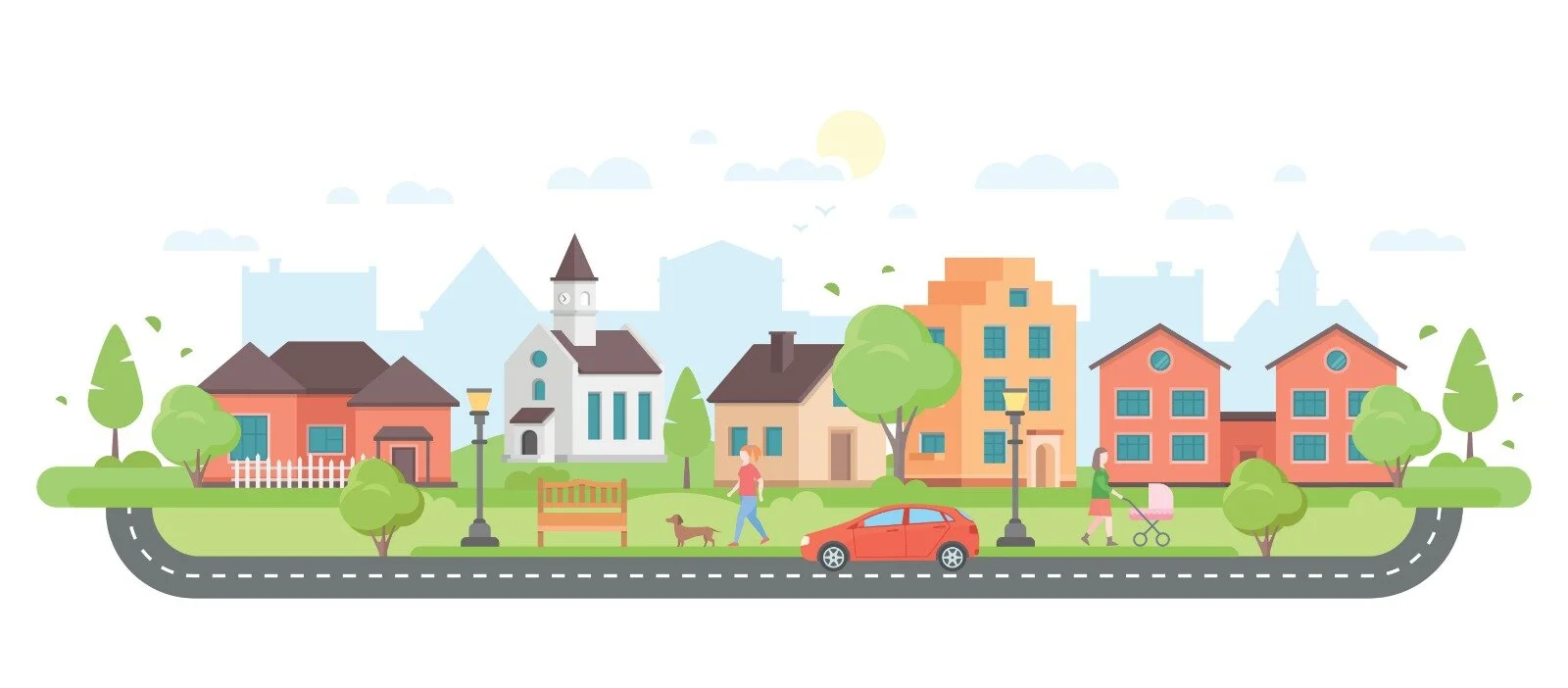A new cohousing development is in the works right here in Ontario. Located in Guelph’s Exhibition Park neighbourhood, this cohousing project is set to become Ontario’s second cohousing community. Dubbed Watershed Cohousing, this project will convert the property on the corner of Woolwich St and Mont St into a 6-unit community with a focus on sustainability.
It Now Takes 24 Years To Save Up For A Down Payment In Toronto
Home buyers in Toronto better be prepared as prices continue to surge. The Toronto Real Estate Board expects home prices to rise by 10% this year, leading to the average home price to surpass $1 million by the end of 2021. As with a higher price, the down payment required to purchase a home will climb even higher, leaving many unable to enter the market. Affordability issues aren't anything new to Toronto but it’s important to look at the gravity of the situation.
A Turning Of The Tides: Why Multigenerational Living Should Make A Comeback
We’ve talked before about the crux and social stigma that surrounds our households before in our previous articles about the nuclear family and isolation. Today we wanted to dive deeper into the social stigma that surrounds multigenerational living, particularly the attitudes towards living with your parents when you are single and why living in a multigenerational household needs to make a big comeback as our cultural landscape changes.
Laneway Houses Are Coming To Toronto
A new rental trend may be emerging in Toronto. Laneway housing, also known as garden suites, are beginning to make an appearance in the neighbourhoods of Toronto. Since 2018, when Toronto went ahead and approved the by-laws for laneway housing, development began on new suites.
Single Family Homes Are Bad For Our Communities
Single family homes are a treasured and coveted staple in Toronto’s real estate market. Not only are they a popular abode for families, they are also in massive demand for their investment potential. With high demand, comes high price. Prices for single family homes have continued to skyrocket in Toronto despite the negative aspects that such homes bring. In this article, we’ll go through the rise of the single family home and why, perhaps, it's time for a change.
Property Spotlight: 2374 Gerrard St E
We’re back again with another property feature on our blog! 2374 Gerrard St E is a multi-unit property that is currently being built. Situated on the east side of Toronto, the property has a close proximity to the Danforth with some of the east side’s best dining and shopping. 2374 Gerrard St E is expected to be completed by the end of 2020.
What Can A Co-Owned Home Look Like?
Partnering with Picnic Design, we have a look at some architectural designs for co-ownership homes. One of the great things about co-ownership and cooperative real estate is that there is no single cookie-cutter house. Co-ownership allows you to tailor your home and dwellings to your own desires. Whether you want a single-family home, a multi-residential building or prefer a building where you can make drastic renovations, you can make it work for co-ownership.
Workforce Housing & Toronto's Pivotal Point To Save Itself
Toronto is at a pivotal point in the year 2020. Actions and policies over the next decade will shape the city. The success or failure by 2030 will depend on how we tackle workforce housing. In this article, we’ll take a look at workforce housing, why it is such a contentious issue and what can be done to ensure Toronto will succeed in the future.
Toronto's Missing Middle
All across Canada, cities are struggling with housing affordability. As we briefly discussed in last week’s article, Housing Affordability in Toronto - A City in Crisis, many middle-income families and residents in Toronto have been unable to enter the real estate market. The missing middle is becoming a topic that all levels of government are beginning to consider as a means of tackling this crisis.
Ontario Election 2018 / Affordable Housing: What are the Political Parties Promising?
Image from: Ontario.ca.
There is an escalating housing affordability crisis in Ontario that desperately needs to be addressed. Nearly half of Ontario renters pay unaffordable housing costs according to The Advocacy Centre for Tenants Ontario. The YWCA notes that 185,000 Ontario households or 481,000 people are waiting for housing in the province.
Affordable housing is a crucial issue on the minds of voters heading into the election on June 7th and one to which our provinces' political parties have had to pay close attention. Millennials rank housing as a top concern for the election, with 70% of Ontario residents between the ages of 20 and 34 saying they would vote for a political party committed to helping them own a home according to research recently published by the Ontario Real Estate Association.
GoCo Solutions’ mission is to help Ontarians access the housing market in Toronto and the Greater Toronto Area by making informed decisions. Below we list some promises offered by the New Democratic, Liberal, Progressive Conservative and Green parties concerning housing for you to consider as you head into the voting booth tomorrow.
New Democratic Party
Build 65,000 new affordable homes across the province over the next decade. Signing on to the National Housing Strategy will fund 20,000 of these units, and the party will commit more funding for the remaining 45,000.
Invest in social housing and shelters by committing to fund one-third of the required costs.
Assist the co-op housing sector by investing $3 million to seed co-op bid development.
Introduce a ‘Housing Speculation Tax’ aimed at both domestic and foreign speculators who do not pay tax in Ontario.
Promise to make rent more affordable by closing the 1991 rent control loophole.
The NDP’s housing plans are available in their Vision for Ontario and affordability section of their platform website.
Liberal Party
Continue to implement the Fair Housing Plan and maintain an investment of $1 billion each year to support affordable housing, targeting Indigenous people, youth, chronic homelessness, those facing homelessness having transitioned from provincially funded services and institutions as priority areas.
Develop a legal framework to support co-housing and shared ownership of residential property.
Develop a toolkit for faith groups and service clubs that want to build affordable homes on their land.
Support the co-op sector by creating a Cooperative Housing Development fund worth $3 million.
Support renters in Ontario by strengthening rules to prevent unfair renovictions and rent increases.
The Liberal party’s plan for affordable housing is available on their online platform.
Progressive Conservative Party
Increase the supply of affordable housing across the Greater Toronto Area while protecting the Greenbelt.
Invest $3.8 million to support mental health, addiction, and housing for those in need over the next decade.
The Progressive Conservatives’ plan for housing in part of their Plan for the People.
Green Party
Require that a minimum of 20 percent of all new housing developed in Ontario is affordable housing.
Provide incentives for local developers to achieve affordable housing targets.
Promise $200 million over projected increases in the 2018 budget to support shelters, and social, co-op and supportive housing.
Offer support for innovative approaches to housing, from tiny houses and laneway homes to secondary suites to help first-time buyers enter the housing market.
Extend the non-resident Speculation Tax to include domestic buyers who purchase a home and leave it vacant.
The Green Party’s planned housing initiatives are available on the Unlock Affordable Housing section of their website and their blog.



